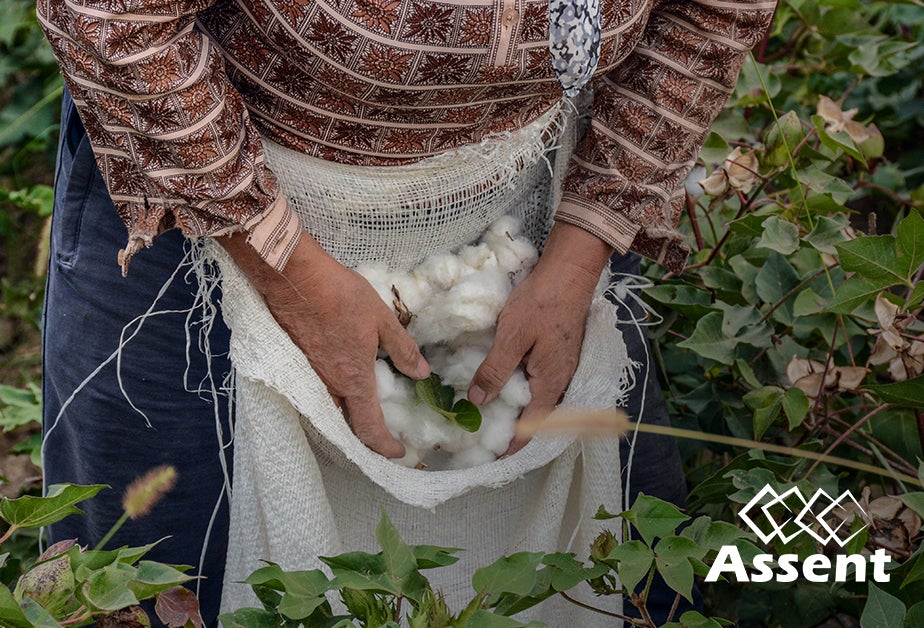In July 2020, the discovery of forced labor in the Xinjiang Uyghur Autonomous Region (XUAR) region of China triggered a global response to human trafficking and slavery in supply chains. Across the world, governing bodies are putting pressure on companies to drive transparency into the origins of their materials, and who their suppliers are doing business with, even outside of their own supply chains.
Challenging Forced Labor in Xinjiang: The U.S. Response
On January 13, 2021, the U.S. Customs and Border Protection Agency (CBP) issued a region-wide withhold release order (WRO) on cotton and tomato products originating in the Xinjiang region of China after 30 shipments were impacted by the WRO against the Xinjiang Production and Construction Corps (XPCC). These are record-setting levels of enforcement, with 13 enforcement actions in the past six months alone.
The WRO complements U.S. Department of the Treasury sanctions enacted on July 31, 2020, prohibiting all in-scope U.S. entities or non-U.S. entities from engaging directly or indirectly with the XPCC due to human rights violations against ethnic minorities in Xinjiang. Because of these sanctions, many companies are finding it difficult to conduct business with China’s cotton and textile industries if they export into the U.S.
Evolving Forced Labor Legislation in the U.S.
As part of the move toward transparency, requirements in the U.S. continue to expand. The Customs-Trade Partnership Against Terrorism (CTPAT) is developing new forced labor requirements that may come into effect as early as the first quarter of 2021. Currently, CTPAT participants are asked to document social compliance programs that address how products shipped into the U.S. are mined, produced, or manufactured. When enacted, these new rules will make these requests a requirement for access to the U.S. market. This would affect over 11,000 companies, and more than 50 percent of U.S. imports.
The CBP has also begun issuing Risk Analysis and Survey Assessment (RASA) questionnaires that screen for forced labor in the production of goods from China. The RASA questionnaire asks importers to map supply chains from the raw materials stage to the export of goods to the U.S., and appears to target major cotton importers from XUAR as well as imports from countries suspected of transshipment. While currently targeted towards cotton imports, these questionnaires provide insights into the level of visibility the CBP expects companies to have into their supply chains. It flows from their Reasonable Care guidance, which sets the expectation that companies know “how [their] goods are made, from raw materials to finished goods, by whom, where, and under what labor conditions.”
Global Enforcement of Anti-Slavery Laws
Beyond the U.S., growing attention toward the Xinjiang forced labor issue has made for record-setting levels of enforcement. Britain’s Foreign Secretary, Dominic Raab, recently revealed Britain’s plan to ban the import of products from China due to the use of prison labor in XUAR, and outlined tougher laws combating human rights violations and a greater investment in technology to support enforcement. Global Affairs Canada also offered an advisory in January 2021 on doing business with entities with ties to Xinjiang, in which the organization also underscored the importance of due diligence in human trafficking and slavery programs.
On December 7, 2020, the European Union (EU) adopted new human rights sanctions that enable member states to enforce financial or travel-based penalties on individuals and larger organizations found to be associated with human rights violations worldwide. The press release announcing the sanctions regime emphasizes that “the promotion and protection of human rights remain a cornerstone and priority of EU external action and reflects the EU’s determination to address serious human rights violations and abuses.”
Staying on Top of Forced Labor Requirements
As part of this global regulatory push toward ethical business practices, chokepoints are being identified in the supply chain where the traceability of materials becomes impossible. There will be increasing pressure on companies to adapt their due diligence activities in order to create greater visibility into upstream suppliers and ensure they meet ethical standards.
Investing in solutions that support supply chain transparency is key to maintaining compliance with legislation that combats human trafficking and slavery. The Assent Compliance solution supports compliance by leveraging the Slavery and Trafficking Risk Template (STRT), an industry standard that supports downstream traceability for XUAR labor, and automating the collection of data related to the U.S. Federal Acquisition Regulation (FAR), the UK Modern Slavery Act (MSA), and the Australia MSA.
By collecting the data necessary for compliance to these regulations, you can safeguard your company against reputational damage. To learn more about how Assent helps maintain market access and protect brands, contact our experts.










